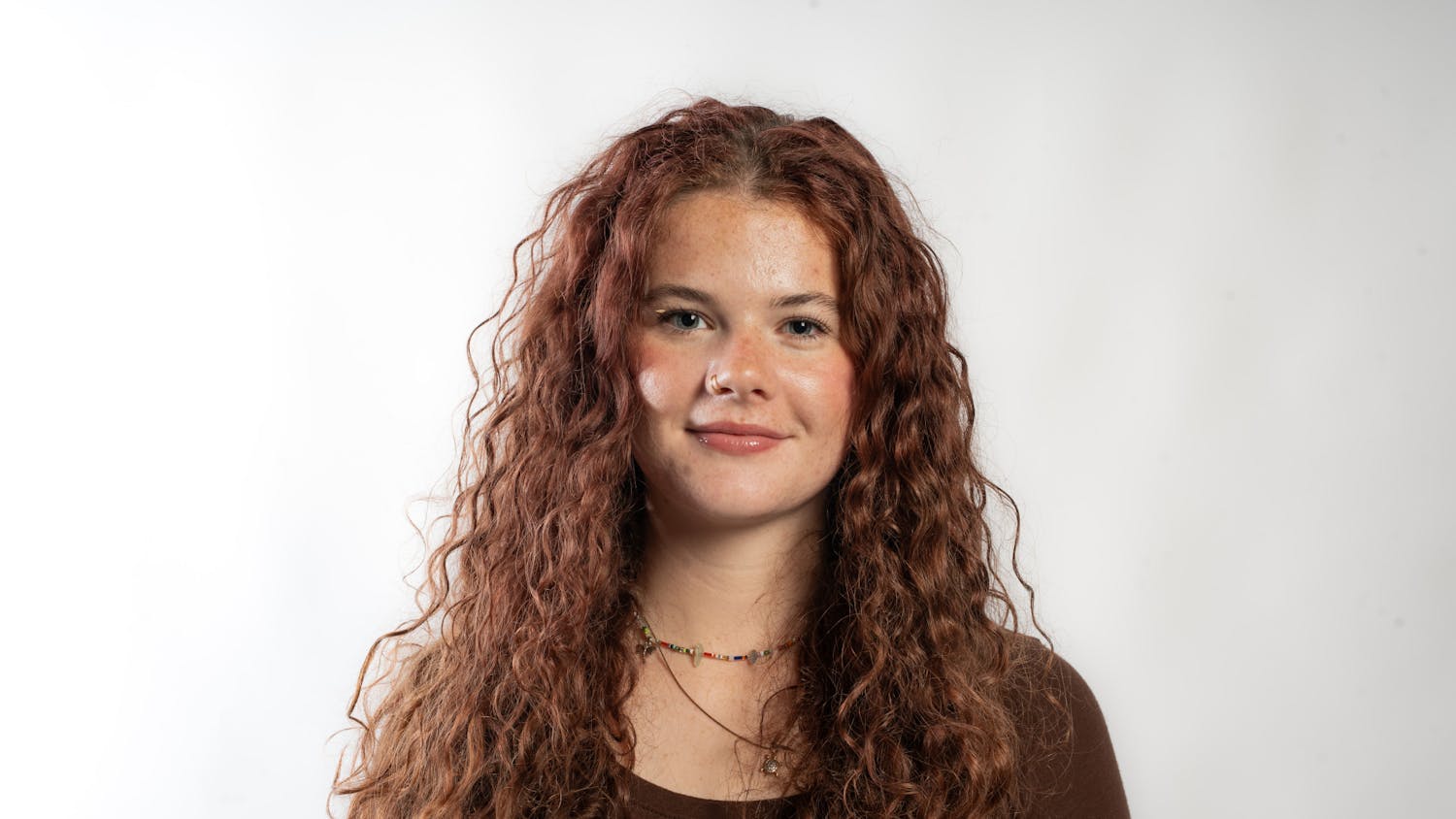Still searching for that perfect Halloween costume?
Maybe you should consider rocking a diaper and pacifier for the big night in Athens.
But you won’t be dressing as just any old newborn because, according to the United Nations Population Fund, on Oct. 31, planet Earth will be welcoming its 7 billionth human.
Rapid population growth has been a continuing trend, with the last billion people being added in only 12 years.
I suppose that short time span seems quite a bit longer when you consider that this will be the first “billion” people that we can watch roll in on the U.S. Census Bureau’s online population clock. (Unfortunately, I’m sure many of us will be too busy with the holiday’s festivities to witness this thrilling moment.)
But this isn’t the only thing that has changed during those 12 years, as problems with food scarcity and sustainability have grown bigger.
This landmark has a lot to say about the future of humanity as a whole, and most of it isn’t very good news — that is, unless we get the ball rolling now on making some profound changes in our daily lives.
The odd thing is that, although this population growth poses a worldwide challenge, the 7-billion-person milestone is reflected differently in many diverse regions of the world.
In areas such as sub-Saharan Africa, where birth rates are the highest, it means more struggles with nutrition and political stability.
Yet in Russia, China and some Western European countries, this record is coming at a time in which concerns are centered upon the aging population and diminishing work force.
The U.S., ranking third under China and India for highest population, doesn’t have such severe concerns about the milestone.
How do you even fathom a number such as 7 billion? You could stuff more than 4,140,000 pillowcases full with 7 billion pieces of Halloween candy.
The current rate of population growth is close to 80 million people per year. You would have to walk from Athens to Washington, D.C., more than 243,900 times before you could cover 80 million miles.
But nothing can truly put into perspective the thought that Earth will soon have 7 billion mouths to feed.
However, this also means that there are not only 7 billion brains but also 14 billion hands that can help. Our fellow classmates have 40,000 of those hands alone.
It’s hard to think that we could just sit back and overrun our world, becoming our own enemy.
There are many different opinions on whether or not this should be a large concern. Many believe that the growing population rate will slow in the coming years, rather than continue the previous years’ climb.
History tells us that there is no crisis at hand because records have long stated humans’ fear of overpopulation even before the population hit 2 billion. And though some go hungry while others live bountifully, the Earth is sustaining almost 7 billion of us to this day.
We might have been naïve thus far, but I’m not one to laugh in the face of Mother Nature.
We do have valid reasons to be on edge — at least anxious enough to make the changes that we can before it’s too late to turn back.
Those changes range from following the sustainability incentives on campus to exploring and introducing new agricultural technologies to the regions that need them most.
Every culture will make something different of the 7 billionth person. But when — perhaps if — the day comes that we do overpopulate the Earth, the burden will be on all of our backs. As the workforce of tomorrow, we have plenty to invest in the world we cohabitate.
By picking up the pieces now, we’re sparing ourselves the difficulties of what could otherwise come to be.
Nicole Spears is a sophomore studying public relations and a columnist for The Post. Any predictions on where the 7 billionth human will be born? Email her at ns307109@ohiou.edu.





